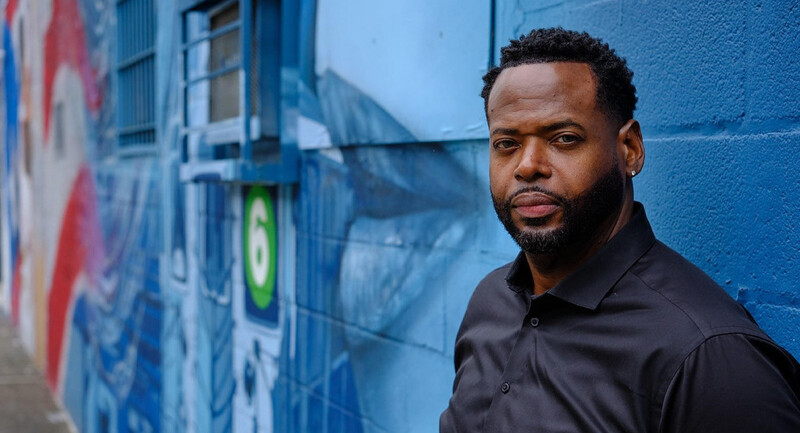This past year and a half (and more) has been a test for district leaders in steering their teams through a crisis. Since the pandemic began, we’ve worked twice as much and twice as hard to keep teaching and learning moving. Meetings became virtual and the ground moved beneath our feet multiple times as we adapted and adjusted to new safety regulations and newly identified needs or gaps in our thinking. The pandemic has taught us the true value of collaborative leadership and the reality that we cannot be successful without a high-functioning team by our side.
Our teachers have met every challenge and change with gusto, operating on fumes but maintaining a brave face for their students. And while over a typical summer they have time to reflect and think about what they want to do better or differently, at the end of this summer, our teachers were still navigating the trauma of this past year and a half. This is not your usual reset; our teachers are unsteady.
There is uncertainty in what the 2021-2022 school year will bring, and an uneasiness over how effective we were during virtual learning. As leaders, we have to support our staff and acknowledge that our teachers might still be in survival mode.
Here are three things leaders should be thinking about as they continue their work this year:
1. Pump the Brakes
We cannot assume that our stakeholders are prepared to jump back into the change conversations that were happening in 2019. The pandemic has been more than a bump in the road; we went off road, and in some cases, without four-wheel drive. Getting back on our route won’t be simple. Instead, we have to hit pause on change, check over our work, and analyze how the pandemic has impacted prior plans.
This current school year we need to engage in reflective practice. We should take the time to reflect thoughtfully and plan future work in a way that is mindful of the impact the pandemic has had on teaching and learning. Our job as leaders is to support our team in that process while resisting the urge to make disruptive change when we’re not even in the COVID-19 clear. When collaborating with our teacher teams, we should be thinking about what we need to do for our students and how the pandemic has changed the way we can support them. Teachers and leaders should be working together to make these decisions, assess their effectiveness, and adjust their approach throughout the year. This cycle of reflection and improvement must be our primary focus.
2. Lead with Love
Education needs compassionate leadership. We need to be checking in with our staff consistently and spending our time listening instead of asking. Taking our work online and at a distance has created a transactional relationship between our teachers and our leaders. We’ve become accustomed to laying out expectations and asking our teachers to complete tasks to meet them. Leading with love means approaching this year with our teachers differently.
Leaders should focus on rebuilding supportive relationships with teachers. We can start simply by asking our teachers, “How are you?” and “What do you need?” But we must also think about our pacing of initiatives. We do not need staff to be stressed or anxious about taking on new professional learning this year—we need healthy and happy teachers who are comfortable with what they can accomplish and committed to continuing the great work of educating our students. Leaders should consider increasing teacher professional time by giving back meetings or making time for professional learning communities during the school day. Show your teachers you appreciate them by giving them the gift of time.
3. Honor the Work
This school year is about picking up the pieces. We have to acknowledge the challenges our communities have been facing. Honoring that work means giving our students and teachers the space they deserve to recover from these disruptions.
District leaders should look at gaps in curriculum and create a multi-year plan to support unfinished learning. According to TNTP’s Acceleration Guide, supporting students on unfinished learning will take districts 3-5 years. To keep our students progressing, it is recommended that gaps in curriculum are folded into grade-level content as prerequisite skills rather than having teachers backtrack or remediate them. This process is easier said than done; it will require teacher teams to consistently collaborate on curriculum planning to ensure that all students have access to grade-level content with meaningful connections to unfinished learning from prior years. Valuing the magnitude of this task will require ensuring that teachers have time and resources available to them to plan for curriculum and instruction that addresses unfinished learning for all students.
Picking up the pieces after experiencing trauma is a slow and unpredictable process. Some teachers will be energized and fare reasonably well; others will be exhausted and overwhelmed by additional tasks. And there will even be some who present as well-adjusted but are actually close to giving up—experts at hiding their trauma. When we hit pause, lead with love, and honor the scope of the work on our teachers’ plates, we gain trust and build community. Leaders must remember that happy and healthy teachers create happy and healthy schools.





